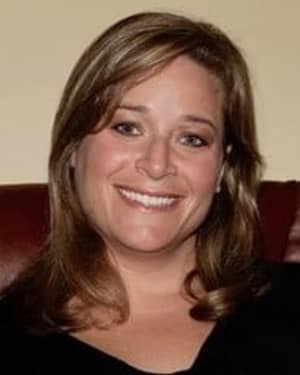
Keira Oseroff
Biography
Keira Oseroff is a Licensed Clinical Social Worker and Certified Eating Disorder Specialist. She received her Bachelors’ degree from The George Washington University and Masters’ degree in Social Work from the University of Georgia. Since 1999, Keira has worked in a variety of clinical settings including residential treatment and private practice, working with individuals, couples, families and groups. She specializes in working with those struggling with disordered eating and co-occurring disorders. In addition to maintaining her private practice, Keira is the Program Director at Hope Homes Recovery, a recovery residence operating in Atlanta and Charlotte. Keira serves as a Faculty Member and Speaker for the Ellyn Satter Institute as well as a Board Member of the Center for Young Adult Addiction Recovery at Kennesaw State University. Keira is a past Board Member of the International Association of Eating Disorder Professionals, Atlanta Chapter. She is passionate about the important distinction between treating people, not disorders.
